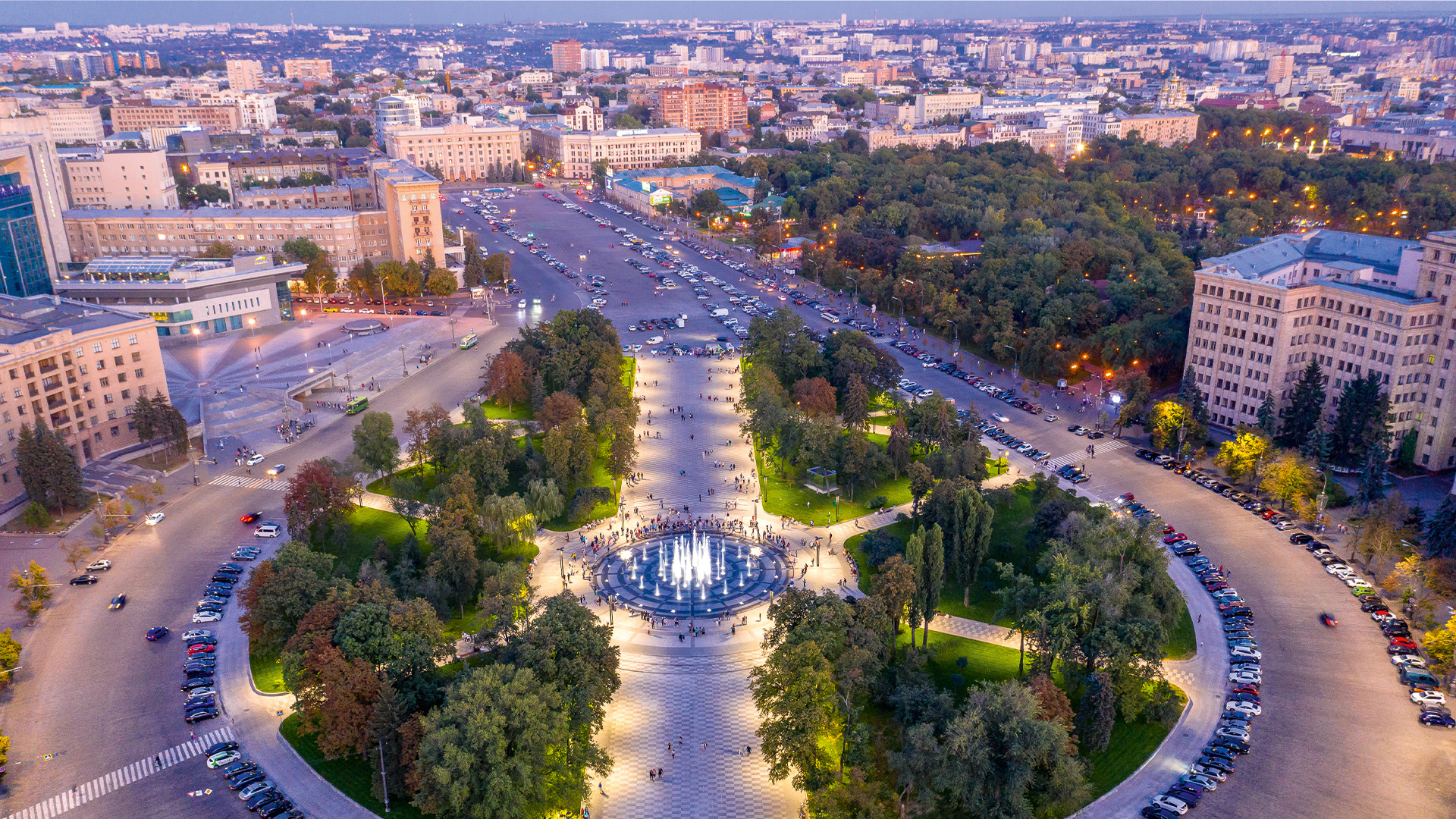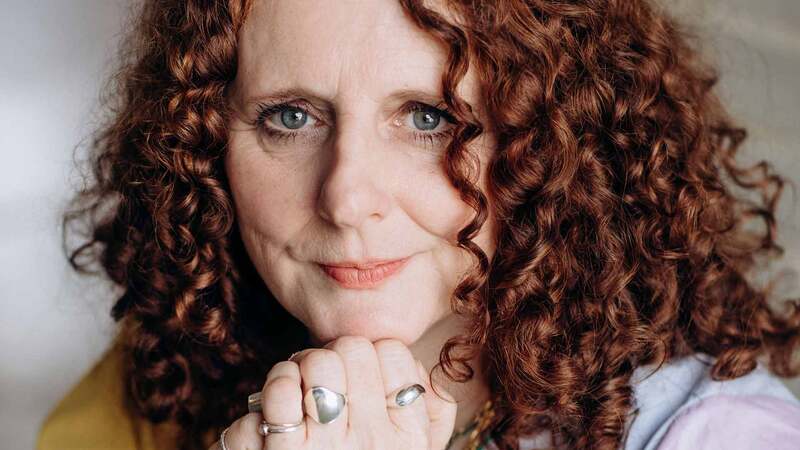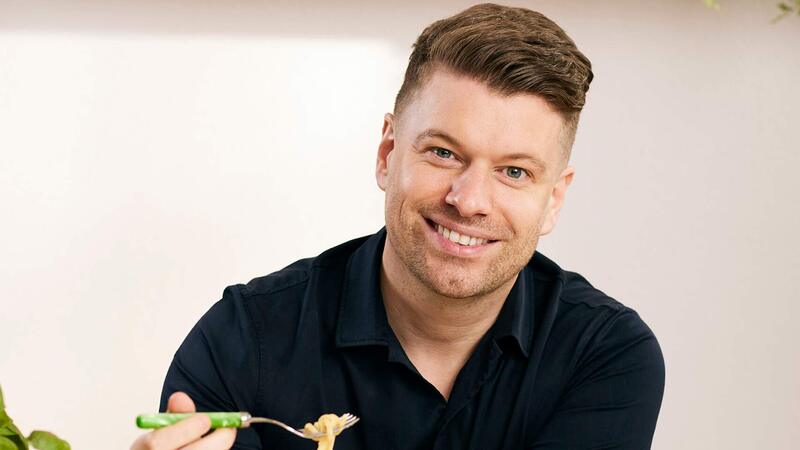You are viewing your 1 free article this month. Login to read more articles.
Patriotism cannot preclude inclusion
Ukrainian publishing must combine wartime values with a longer-term view.
The Ukrainian book publishing industry has survived the wartime so far. But there are many challenges within the industry, as well as in Ukrainian society – such as the need to reassess values, the language issue and the symbolic redefinition of space, in particular in the renaming of toponyms of Russian origin, such as streets named after Pushkin, Tolstoy and Mayakovsky.
I recently met Yevhenii Stasinevych, one of the leading literary critics in Ukraine, who joined the territorial defence forces in Kyiv after the Russian invasion and then began to actively volunteer. However, he did not quit his critical practice and activities as a literary critic and art curator. For several hours, we discussed the situation in the book publishing industry and culture during the war.
In the second month of the full-scale war, Yevhenii visited Kharkiv, in eastern Ukraine. At that time, the city was constantly shelled. These were the days when Serhiy Zhadan, a Ukrainian writer well known to foreign readers, recited his poetry for the first time since the beginning of the big war not for soldiers, but "for his friends” in a closed café in the basement. "In Kharkiv, the environment is pleasant. I lacked this in Kyiv, especially in the first months of the war," says Stasinevych.
The city was so energising that he got hired at the Kharkiv Literary Museum as a researcher. Over the past year, he and the museum’s team have created numerous literary events in Kharkiv, including the “Fifth Kharkiv”, a discussion and music platform. It is important to note that Kharkiv is a predominantly Russian-speaking city located 40km from the border with Russia, but after the invasion, it has begun to undergo a process of “Ukrainisation” (expanding the public functions of the Ukrainian language as opposed to Russian). When I asked why Stasinevych, a Kyivan, was drawn to Kharkiv, and why this entire cultural community stayed in the city during the most dangerous days full of shelling and the possibility of occupation, he said that in his opinion, those people, as carriers of “Ukrainianness”, have been hardened over the previous years. "So much has been done in such difficult circumstances that it would be a too big price to pay to give it all up or even to pause it.”
Regarding book publishing in Ukraine, Stasinevych says: "I cannot say that there are dramatic changes in the book publishing industry. It hasn’t collapsed, and I am grateful for this, even though the print circulation decreased for obvious reasons. I would say that the interest towards non-fiction that serves as a calming, skill-building tool has increased. We observed this clearly at a crisis time. The applied things are becoming best-sellers because there is a demand for dispelling the fog.”
Another trend in reader demand is attention to Ukrainian literature and authors. "I think the demand is more for the history of Ukraine. I felt it myself: on the first day of the war, I thought that I would not come back to my work as a critic in the nearest future. But then, a few months later, some companies started knocking on my door and asking me to give lectures ‘on something Ukrainian’ to understand for themselves what is happening, where the roots of the war are, what is there with the identities. What is a colony and what is an empire?”
Among the challenges and problems that Stasinevych sees for the literary sphere today is a decrease in interest to the topics of inclusion, equality, diversity of sexual identities, and art and literature criticism in general. "Nowadays, there is more patriotic statehood, which is very understandable in the wartime, but I want to have some emancipatory side along with this. Our society has a monolithic structure, but within this monolithic structure we are very different. We can’t allow ourselves to turn into our enemy — this grey, aggressive, unproductive ideological monolithic structure. Book publishing can highlight this well if it does not forget about our different identities. Patriotism should be complemented by criticality.”
As we end our conversation, we come to the conclusion that the stage of survival in the non-frontline areas of Ukraine, in particular in Kharkiv, is now over, and the values of survival are being replaced by the values of productivity and flexibility that make the system flexible. "War is always about rolling back, so now we need to run as fast as we can to stay in place," Stasinevych concludes.

















